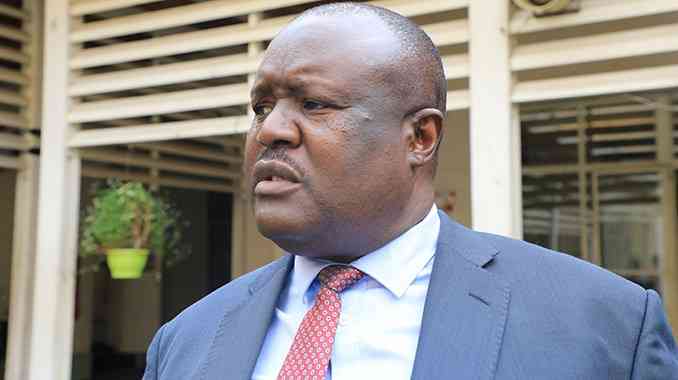
TRADITIONAL leaders in Zimbabwe will now have the authority to register marriages and issue birth and death certificates in a landmark development that seeks to eliminate statelessness.
This was revealed by vice-president of the National Council of Chiefs Fortune Charumbira on Thursday during a conference of traditional leaders held in Harare.
With over 70% of Zimbabweans living in rural areas where traditional leaders hold sway, the move is expected to have a major impact on the lives of most of the population, he said.
An inquiry on access to documentation in Zimbabwe by the Zimbabwe Human Rights Commission has since revealed that over 2,3 million children in the country did not have birth certificates as of September 2020.
The Zimbabwe Constitution declares that everyone has a right to access citizenship documents. Many children, however, do not have birth certificates, and obtaining national identification cards is a challenge.
“Traditional leaders will now handle marriage registrations and issuance of death or birth certificates, serving as an official record maintained by the Registrar's Office,” Charumbira said in his closing remarks at the two-day chiefs’ conference.
“Traditional leaders in this country from now on will register marriages and death certificates or birth certificates. This is a record that the Registrar's Office will rely on.”
Charumbira said this was necessary to ensure access to essential services for all Zimbabweans.
- Letter to my people: ‘Let them eat cake’: Chris and Monica escapades
- Letter to my people: ‘Let them eat cake’: Chris and Monica escapades
- Zanu PF can’t celebrate violation of rule of law
- Zanu PF can’t celebrate violation of rule of law
Keep Reading
“Once you impact on traditional leadership you have impacted more than for example, Zimbabwe, over 80% of lives,” he said.
An access to documentation baseline survey conducted by a consortium of civil society organisations in Bulawayo in 2017, revealed that an estimated 445 852 children in the three Matabeleland provinces did not have a birth certificate.
To curb statelessness, the United Nations came up with several protocols and conventions.
Article 15 of the 1948 Universal Declaration of Human Rights states that “every human being has a right to a nationality”.
It goes on to further state that “no one shall be arbitrarily deprived of his nationality nor denied the right to change his nationality”.
Statelessness is a problem that affects approximately 12 million people worldwide.
The 1961 UN Convention on the Reduction of Statelessness, which entered into force in 1975, makes it the duty of States to prevent statelessness in nationality laws and practices.
Article 1 says a “State shall grant its nationality to a person born in its territory who would otherwise be stateless”.
Such nationality may be granted either at birth, by operation of law, or upon application.










